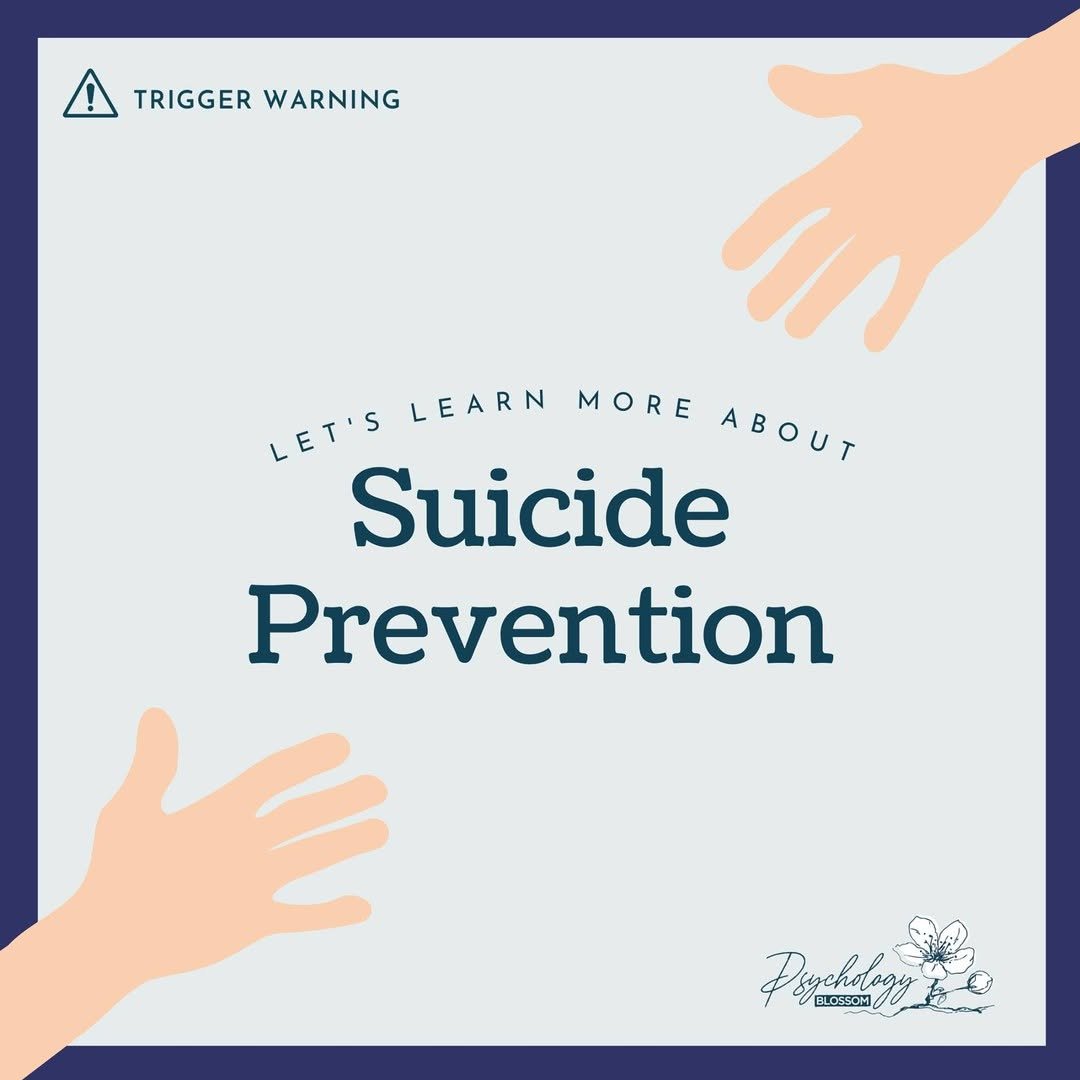Suicidal Ideation & Suicide Prevention: Warning Signs, Risk Factors, and Support
[TRIGGER WARNING: The page below mentions suicide and suicidal ideations. Viewer discretion is advised.]
According to Samaritans of Singapore, suicide is the leading cause of death for those aged 10-29. In 2019 alone, about 400 lives were lost to suicide. This concerning number highlights the gravity of suicide prevalence in Singapore and underlines the importance of awareness, early detection, and access to support systems.
Warning Signs to Indicate Potential Suicidal Ideation
✽ Pay Attention to the Things They Say
- Talking about wanting to die (e.g., “People around me are better off without me”)
- Talking about feeling hopeless or trapped (e.g., “My life is worthless”)
✽ Notice Any Change in Behaviour
- Giving away valuable belongings
- Saying goodbye or preparing for departure
- Researching suicide methods
- Writing suicide notes
- Sleeping too little or too much
- Withdrawing and isolating themselves from loved ones
✽ Change in Mood
- Extreme mood swings
- Increased irritability and recklessness
- Loss of interest in daily activities
- Feelings of humiliation and anxiety
Risk Factors
- Recent loss of a relationship or loved one
- Academic, financial, or work-related failure
- Exposure to suicide clusters or stories of others who died by suicide
- Mental disorders (especially mood disorders such as depression or bipolar disorder)
- Alcohol and substance abuse
- Chronic illness or physical disability
How to React
✽ Provide a Listening Ear
Oftentimes, individuals with suicidal ideation do not actually want to end their lives—they want to end their pain. You may not be able to solve their problems, but listening empathetically can help them work through negative emotions. Ask open-ended questions that invite them to reflect, while avoiding “why” questions that can sound accusatory. For instance:
- “What happened that made you feel this way?”
- “What could happen if you decided not to do this?”
Checking in regularly reminds them that they are not alone and that someone cares.
✽ Do Not Be Afraid to Approach the Topic
Talking about suicide does not “plant the idea.” In fact, it opens space for honest communication. For example:
- “Others in similar circumstances have thought about ending their lives. Do you have similar thoughts?”
✽ Avoid Saying “I Know How You Feel”
You cannot fully know what they are experiencing, but you can offer understanding, compassion, and patience. Listening to their story validates their pain.
✽ Encourage Professional Help
Speaking with a therapist or counsellor can provide clarity, support, and strategies to cope. Professional support helps them find renewed purpose and meaning in life.
What You Can Do if You Are Feeling Suicidal
✽ Reach Out Immediately
Call 1-767, the 24-hour Samaritans of Singapore hotline, if you need someone to talk to. Alternatively, use their CareText platform if you prefer to communicate via text, or email pat@sos.org.sg.
✽ Find Company
Do not isolate yourself. Surround yourself with family, friends, or trusted individuals who can provide support. If needed, change your environment to feel safer.
✽ Talk to Loved Ones
Talk to your family or close friends. Sharing your struggles helps lessen the burden and allows others to provide care.
✽ Focus on Accomplishments and Future Goals
Instead of only dwelling on failures, write down things you have achieved and your aspirations for the future. Shifting perspective can remind you of resilience and hope.
Remember, suicidal ideation does not define you. Support, therapy, and connection can make a difference, and help is always available.
We recommend This Video to those who wants to learn more about Suicide Prevention and Support.
